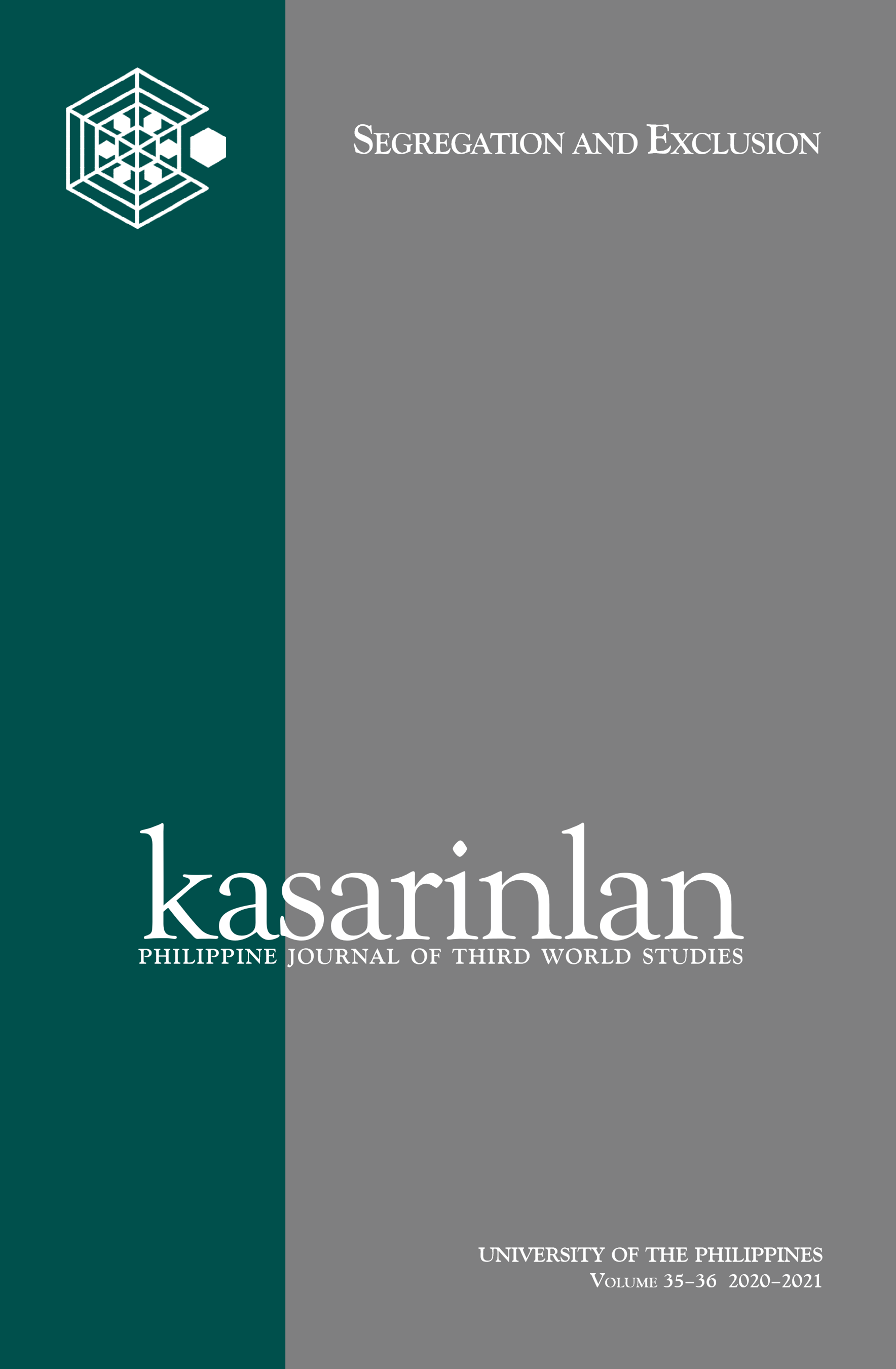Bureaucratic Authoritarianism to Democratic Governance: Philippine Bureaucracy’s Governance Mechanisms for Engaging Civil Society in Urban Poor Social Housing
Abstract
The Philippine bureaucracy’s encounter with authoritarianism from 1972 to1986 underscores its vital role as a political institution of the state and government and the imperative for its transformation for democracy following the critical juncture of the 1986 EDSA People Power Revolution and the 1987 Philippine Constitution. This article examines the bureaucracy’s institutionalization of democratic governance mechanisms engaging collaboration with civil society organizations, particularly in the case of urban poor social housing, since the ratification of the 1987 Constitution and subsequent landmark legislation and policies. The paper argues that government bureaucracy in the Philippines is a crucial stakeholder either in authoritarianism or democracy in the use of its organizational resources. Given the background of bureaucratic authoritarianism, the paper analyzes the contextual factors of constitutional design, political leadership, civil society dynamism in policy processes, and bureaucratic arrangements for civil society participation that propelled government bureaucracy toward democratic governance, particularly in socialized housing for the urban poor.



